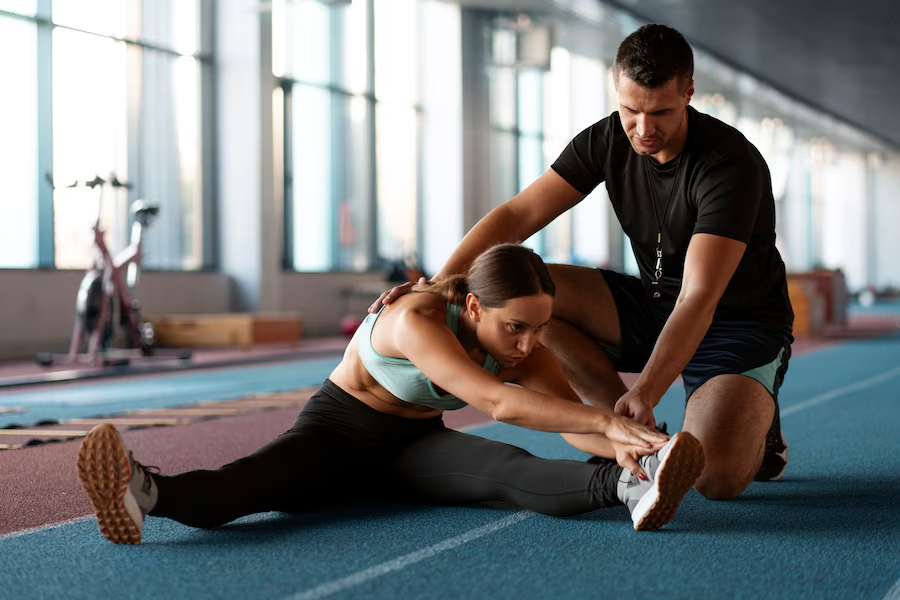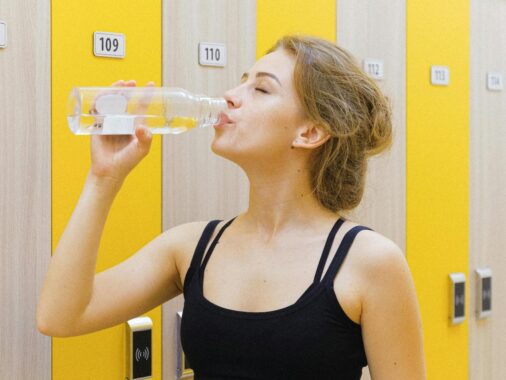Sports involve risks, and injury while playing sports could be the end for several athletes and their passion. Even as performance enhancement receives most of the attention, there is a need to take preventive measures against injuries most of the time. In this regard, sports physiotherapy has a significant point: it offers several preventive measures to enable each athlete to perform optimally.
Understanding Preventive Physiotherapy
Compared to phonophoresis, preventive physiotherapy is an effective solution that aims to adjust one athlete’s capability of getting free from injuries. By analysing the possible risks, asymmetries, and motor abnormalities, physiotherapists create adaptations that increase running stability and productivity.
Sports physiotherapy is a sub-part of the physiotherapy umbrella focused on solving athletes’ problems. It considers the type of movements and repetitive, intense, or specific postures involved in their sporting activities to develop appropriate preventive measures.
Common Injury Risks in Athletes
Athletes are liable to injuries because of the physical needs of their sports activities. Some not-unusual harm risks encompass:
- Overuse Injuries: Repeated motions, along with throwing, walking, or jumping, can pressure muscle mass, tendons, and joints, leading to overuse accidents like tendinitis or stress fractures.
- Muscle Imbalances: Weakness or tightness in positive muscle mass can disrupt movement styles, increasing the danger of traces or sprains.
- Poor Biomechanics: Incorrect approach or alignment throughout activities can strain precise body elements, leading to accidents.
- Insufficient Warm-Up or Recovery: Skipping warm-ups or neglecting restoration sessions increases the chance of acute injuries, including ligament tears or muscle pulls.
- Fatigue: Physical and intellectual fatigue reduces coordination and response, making athletes more vulnerable to injuries.
Strategies in the Prevention of an Injury
1. Comprehensive Physical Assessment:
- Biomechanical Analysis: Manual therapy is used to identify movement patterns that may increase the risk of injury in athletes.
- Strength and Flexibility Assessment: Identifying strengths and weaknesses of muscular coordination and ranges of motion.
- Postural Evaluation: Finding what postural deviations might lead to injury or intensified pain.
2. Tailored Exercise Programs:
- Strength Training: Creating structural adaptation through muscle strength and power to assist joints and enhance training.
- Flexibility and Mobility Exercises: Increasing the joints’ flexibility and decreasing muscle tension.
- Plyometrics: Building up explosive force and mobility in their muscles and joints.
- Core Stability Training: Building muscles around the spine in order to enhance the balancing capabilities of a human being.
3. Manual Therapy Techniques:
- Massage Therapy: Relieving muscle anxiety and increasing blood flow.
- Joint Mobilisation: Regaining joint mobility and reducing stiffness.
- Soft Tissue Mobilisation: Releasing gentle tissue limitations and enhancing flexibility.
4. Education and Guidance:
- Proper Warm-up and Cool-down Techniques: Training athletes on how to train their bodies before physical activity and tips in case of injury on how to facilitate restoration.
- Injury Prevention Strategies: Assisting with methods to reduce the risk of injuries during sports activity.
- Ergonomic Advice: Offering tips on proper posture and body mechanics to limit pressure on the affected area of injury.
5. Taping and Bracing:
- Protective Taping: Using tape to protect joints and muscle mass, decreasing the threat of sprains and lines.
- Bracing: Braces are carried out to offer extra support and stability to injured or prone areas.
Key Benefits of Preventive Physiotherapy for Athletes
- Decreased injury dangers: Preventive measures appreciably lessen the probability of acute and chronic injuries, allowing athletes to compete continuously and uninterrupted.
- Improved Efficiency: A muscular, bendy, and balanced body complements performance by resisting excessive-intensity sports demands.
- Extensive Athletic Careers: Athletes can prevent injuries that could end their careers too soon by taking care of possible issues early.
- Faster Recovery: Preventive physiotherapy equips athletes with gear to recognise and address minor troubles earlier than they amplify, dashing up restoration and minimising downtime.
- Improved Confidence: Knowing our bodies are in most excellent circumstances assures athletes to push their limits correctly.
Some Real-Life Examples of Preventive Sports Physiotherapy
- Professional Football Players
Football is associated with starts and stops, sprints, contact, hardness, and force. Physiotherapists focus on:
- Increasing the size or cross-section of the area of the hamstrings and quadriceps muscles decreases the chance of ACL injuries.
- Demonstrating with graphics and animated videos on correct landing procedures to reduce knee pressure.
- Tennis Players
Sports like tennis are likely to cause overuse injuries, including tennis elbow. Preventive physiotherapy addresses these issues through:
- They are building wrist and forearm muscle stamina.
- They are improving the grip of the racket and the pattern of the strokes.
Physiotherapy in Sports – A Changing Perspective
With evolving trends in sports today, sports physiotherapy plays a crucial role. Physiotherapy has become more elaborate and streamlined, with the modern-day technologies in movement-capture analysis and wearable sensors in improving the preventive care presented to sufferers.
However, sports activities physiotherapy is an all-encompassing technique that considers physical, mental, and environmental elements and prepares athletes for modern competitions.
Final Thoughts
Preventive physiotherapy is a game-changer for athletes, offering a proactive manner to reduce damage risks and improve overall performance. Through customised training, schooling, and superior strategies, sports activities physiotherapy guarantees athletes remain in peak condition and confidently achieve their goals.Whether you are a professional athlete or a weekend warrior, investing in preventive physiotherapy could make all the difference in maintaining your fitness, overall performance, and toughness in sports.






